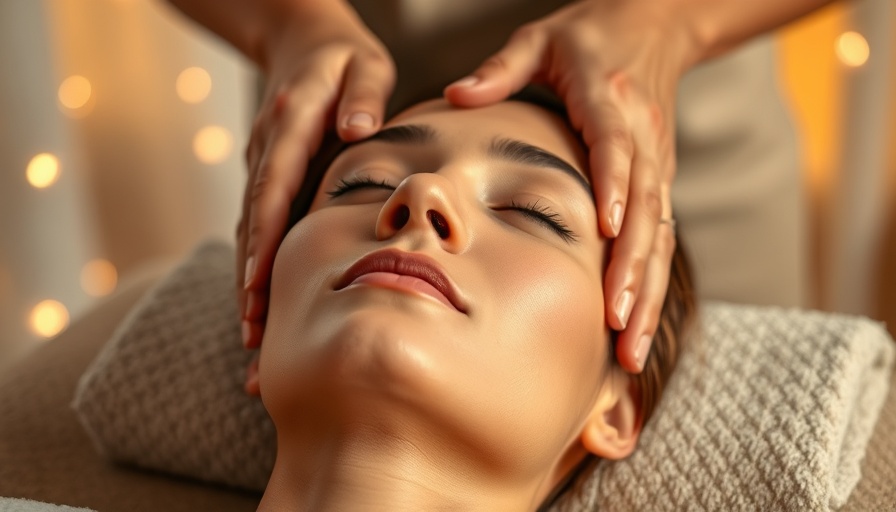
Understanding Facial Scars: Can They Heal?
Scars are more than just marks on our skin; they tell stories of our journeys. While it’s clear that scars can heal, the truth is that complete restoration is often unattainable. However, with the right knowledge and approach, you can significantly diminish their appearance. To maximize healing, remember two vital rules: protect them from sun exposure and maintain hydration. Sunscreen and moisturizers are your best friends on this healing adventure!
The Causes Behind Facial Scars
Scarring occurs when injury damages the dermis, the skin’s deeper layer. Whether caused by an accident, surgery, or acne, the body reacts by sending collagen-producing cells, fibroblasts, to repair the damage. However, the collagen fibers may not align perfectly, leading to the formation of scars.
Several factors can influence scar formation:
- Age: Our collagen production diminishes as we age, often resulting in more visible scars.
- Skin Tone: Depending on your melanin levels, the visibility of scars can vary, with darker skin sometimes prone to keloid formation.
- Location: Scars on flexible areas may not heal as effectively due to constant movement.
- Hormonal Levels: Changes in hormones can affect scarring and healing.
Types of Facial Scars: What You Need to Know
Knowing the type of scar you're dealing with is vital for effective treatment. Here’s a rundown of common facial scar types:
- Keloid Scars: Raised and often larger than the original injury, keloids can fade over time but may require treatments like corticosteroid injections.
- Hypertrophic Scars: Similar to keloids but do not extend beyond the injury site, these can improve with silicone gels.
- Atrophic Scars: Often caused by acne, these are depressions or pits in the skin that can benefit from fillers or microneedling.
Practical Tips for Treating Scars
When it comes to treating facial scars, it’s about being proactive. Here are some strategies:
- Use Sunscreen: Protect your skin from UV rays which can darken scars.
- Keep Moisturized: Hydration fosters a healing environment.
- Explore Treatments: From topical gels like silicone to professional services such as laser therapy, research what options suit your needs.
- Consider Diet: A balanced diet rich in vitamins can support skin regeneration, aiding overall healing.
- Mind the Picking: Resist the urge to pick at scabs—this can worsen scarring.
Embrace Your Scars: They’re Part of You
At the end of the day, your scars are part of your story. They reflect your experiences and resilience. Whether you choose to treat them or embrace them, know that scars are a natural part of life.
Continue Your Skincare Journey
Understanding how scars heal can empower you to take better care of your skin. If you're eager to dive deeper into skincare or need personalized recommendations, check out our skin care quiz! Get tips that cater to your unique skin needs and enjoy the journey to healthier skin.
 Add Row
Add Row  Add
Add 



Write A Comment